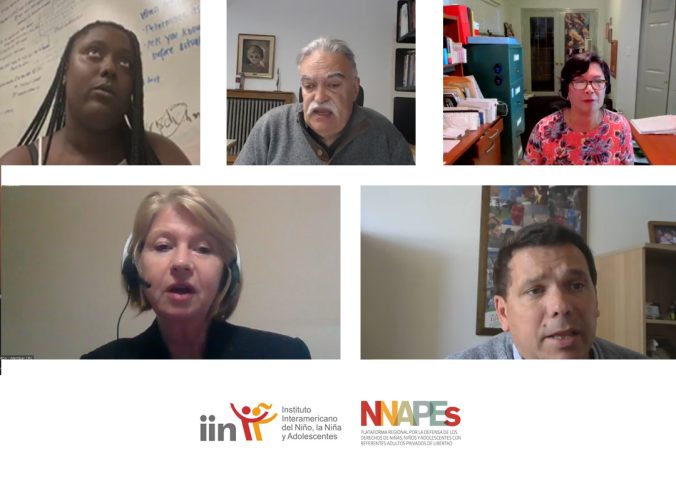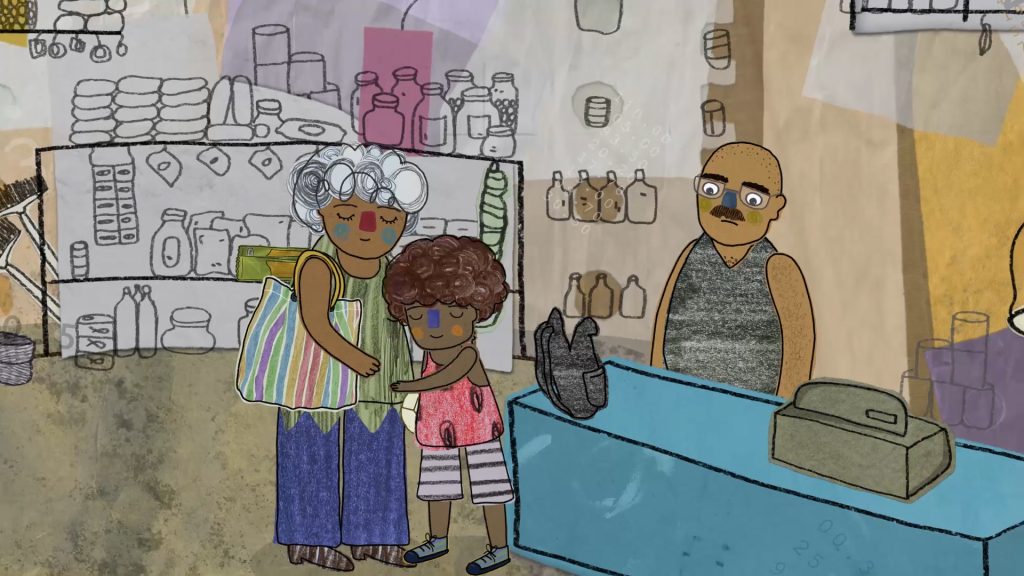
The initiative is part of the alliance of the NNAPES Platform with the Inter-American Institute for Children and Adolescents of the OAS (IIN-OEA), who have been working together for five years in the incidence and visibility of the problem of children and adolescents with adult references deprived of liberty.
The course, called Protection, promotion and fulfillment of the rights of children and adolescents with caregivers deprived of liberty, already has 5 editions in its Spanish version and has trained more than 100 operators of the protection, justice and penitentiary in 17 countries of the region.
The new English-language initiative is supported by the Open Society Foundations and the Church World Service.
At the launch of the training, Gonzalo Salles, representative of the Executive Secretariat of the NNAPES Platform, highlighted that this course will make it possible to reach actors, governments and countries that would otherwise be very difficult to reach, and also added that it will make it possible to put the topic on the agenda in countries where this topic is still invisible.
For his part, Víctor Giorgi, Director General of the IIN, mentioned the impacts that having one of their relatives deprived of liberty generates for children and adolescents, which include multiple violations, psychological and emotional affectation, assumption of adult roles and discrimination in their environments, among others. “The state as a whole must assume the need to minimize the damage,” said Giorgi regarding the responsibility of the states in the development of public policies aimed at this population.
Olu Olgunlade, a young member of the Youth Action Council of the Osborne organization, participated in the event, who told her story with a family member deprived of liberty and how sharing her experience with other people who were going through the same situation helped her. Among his recommendations for people who work with children and adolescents with adult references deprived of their liberty, he stressed the importance of taking into account that this is an extremely sensitive issue for them and that this should be a strategic point in all the actions.
From the Committee on the Rights of the Child, Professor Ann Skelton highlighted that this problem is of great interest to the Committee and valued the work of civil society to make the issue visible. Likewise, he stressed that this training will allow other actors to replicate these practices and for the issue to be installed on the agendas.
“In Canada we don’t know how many NNAPES there are,” said Vivienne Chin, Senior Associate at the International Center for Criminal Law Reform and Criminal Justice Policy in Vancouver, Canada. Along the same lines as Skelton, Chin valued the work of social organizations as representatives of the voices of children and adolescents and also highlighted their role as watchdogs of state actions.




